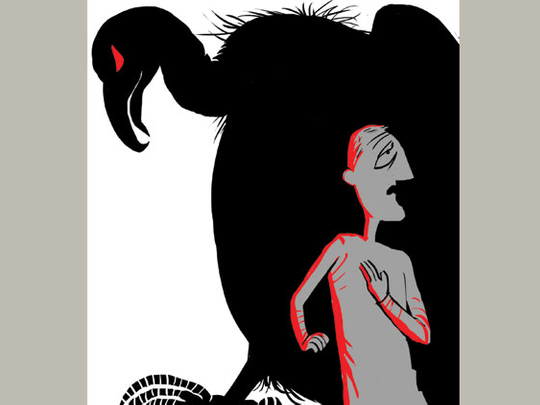
The last undemocratically elected president of South Africa, the Nobel Peace laureate F.W. de Klerk, has in recent months been holding forth on the state of the nation. It’s a familiar view: That South Africa is becoming yet another post-colonial country destined to fall into maladministration, corruption, famine and finally war because the white man has lost political power.
In his utterances, it seems, the only thing that can save the nation from this preordained state of affairs is continued protection of white minority privileges and rights. All attempts to discuss a South Africa that is not riven by the terrible inequalities wrought by apartheid are seen, by him, as a threat to these privileges.
We heard elements of this narrative again this week. “The Mandela and Mbeki era of reconciliation is over,” De Klerk warned darkly. “White males are quite unjustly blamed for the continuing triple crisis of unemployment, inequality and poverty.”
He did not ask South Africans to come together and find solutions to these problems. Instead, he asked them to “get [on to the] playing field and become politically active”. The message is clear: They must fight and stop the ruling ANC’s talk of speeding up measures to stem unemployment and poverty. These utterances come in the wake of De Klerk’s interview on CNN in May when he claimed that black people under apartheid “were not disenfranchised, they voted”. In this, he was defending the heinous homeland system, under which, Africans were “cleaned out” from “white South Africa” and confined to impoverished “black reserves” known as homelands.
It increasingly seems that De Klerk cannot change from the person an angry Nelson Mandela had identified during the democracy negotiations in 1991: “His weakness is to look at matters from the point of view of the National party and the white minority in this country, not from the point of view of the population of South Africa.”
Though De Klerk chooses to appoint himself defender of the country’s white males, they need very little defending. Almost all of the 20 best-paid directors in Johannesburg Stock Exchange-listed companies are white men. This is not to vilify them, but it is a reminder that all South Africans need to do something, urgently, about inequality and poverty. After all, just last week, the World Bank said South Africa is one of the most unequal countries in the world, with the top 10 per cent of the population accounting for 58 per cent of its income and the bottom half less than 8 per cent. “Circumstances at birth are important drivers of inequality in South Africa,” said the bank’s report.
South Africa faces massive problems of unemployment and poverty. The ruling ANC has spectacularly failed the poor after 18 years in power. Under President Jacob Zuma, things are getting worse. The challenges of poverty, unemployment and inequality need a new vision and new leaders. But the De Klerk soundtrack, that South Africa is on the verge of collapse because the white man is allegedly under threat, is tiring and depressing. It does nothing to solve these urgent and collective problems.
De Klerk still believes he is the leader of a threatened white minority. He should learn to not just think of the white males whose survival he so energetically claims to defend, but also of the poor and marginalised who every day stand on street corners and beg for alms.
That is the complex narrative of a country that has defied stereotypes and had three democratically elected presidents in 18 years; which has avoided racial conflagration; which has given more electricity to more people in the shortest space of time than any other in the world. It is not the narrative of a country whose sole obsession is the survival of a white minority’s privileges.
— Guardian News & Media Ltd.
Justice Malala is a political analyst in Johannesburg.










